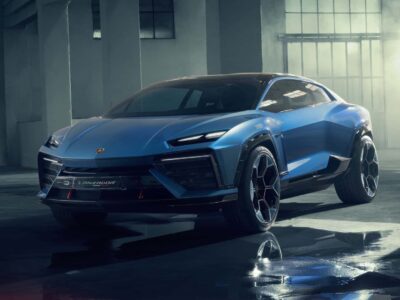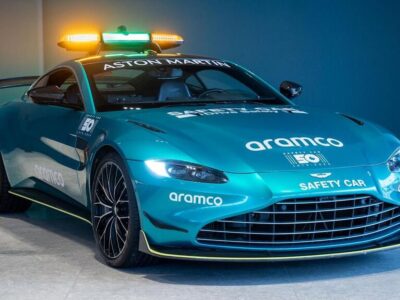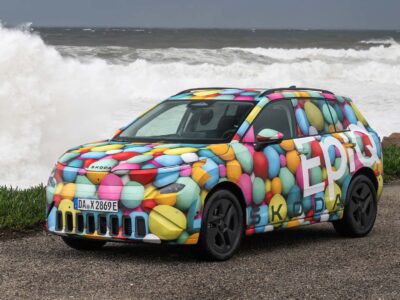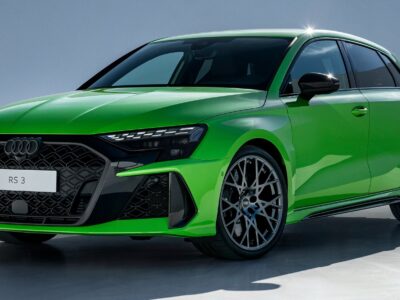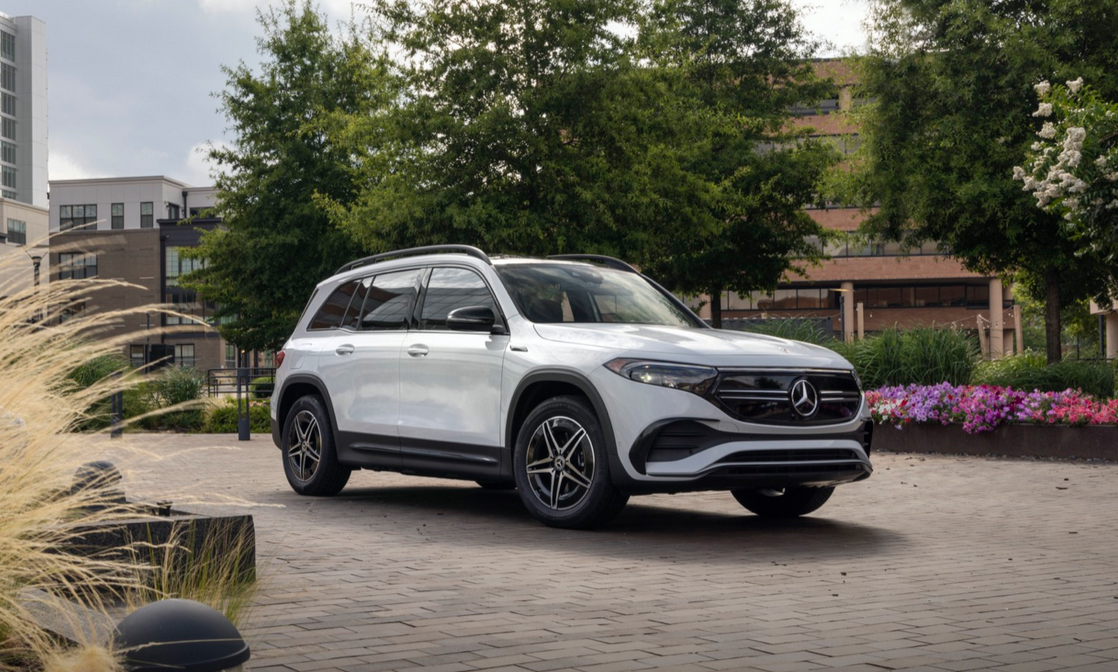
Mercedes-Benz has issued a safety recall affecting 7,362 units of its EQB electric SUV in the United States. The reason behind this measure is an identified issue in the battery, which could increase the risk of fires. The company has warned owners to avoid charging their vehicles until a definitive solution is implemented.
Which models are affected?
The recall covers certain Mercedes-Benz EQB models manufactured between 2022 and 2024. According to the National Highway Traffic Safety Administration (NHTSA), the affected vehicles contain battery cells from an early production batch. These cells are more susceptible to internal failures, which could trigger short circuits under specific conditions.
Factors that could increase the risk include:
- Fluctuations in charging current.
- Battery damage caused by impacts or mechanical failures.
The NHTSA notes that this defect could lead to a fire, either while the vehicle is in motion or when it is parked.
How can owners identify a potential problem?
Drivers of an affected EQB may notice a warning message on the instrument panel indicating a “battery malfunction” while driving. However, if the vehicle is parked, there may be no visible signs of the issue, making this situation even more concerning.
So far, Mercedes-Benz has reported no fire incidents related to this issue in the United States. However, the company discovered the defect after receiving reports of fires in other international markets.
How will Mercedes-Benz fix this problem?
Mercedes-Benz has identified that the defect originates from the manufacturing process of the battery cells supplied by its provider. In response, production line changes were implemented to correct this issue in units manufactured after January 24, 2024.
For affected vehicles, Mercedes-Benz has launched a service campaign that includes:
- A free battery management software update at dealerships.
- Temporary charging restrictions to reduce risk.
Preventive measures for owners
Until vehicles are inspected and repaired, the company has recommended that owners limit their EQB’s charging to a maximum of 80% of the battery’s capacity. Depending on the SUV version, this could reduce the driving range to less than 200 miles per charge.
Additionally, Mercedes-Benz will officially notify owners starting April 1, 2024, via postal mail. For those seeking additional information, the manufacturer has set up a customer service line at 1-800-367-6372.
The Mercedes-Benz EQB: An electric vehicle with a unique identity
The EQB is the fully electric version of the popular Mercedes-Benz GLB and was launched in 2022 as part of the German brand’s electrification strategy. Unlike other electric SUVs that adopt an aerodynamic design with curved lines, the EQB maintains a more rugged and boxy design, similar to its combustion-powered counterpart.
For its 2024 model, the EQB received several upgrades, including:
- A larger touchscreen display as standard on all versions.
- Compatibility with the Plug & Charge smart charging system.
- Adjustments to energy efficiency software.
Despite this safety recall, Mercedes-Benz remains committed to innovation and the safety of its electric vehicles. The brand is actively working to resolve this issue and ensure that its customers can enjoy a worry-free driving experience.
Conclusion
If you own a Mercedes-Benz EQB manufactured between 2022 and 2024, it is crucial to take this safety recall seriously. Avoid charging your vehicle beyond 80% and stay alert for Mercedes-Benz notifications to take it in for inspection as soon as possible. Safety is paramount, and these preventive measures can make a difference until a permanent solution is implemented.
For more automotive industry news and updates on the world of electric vehicles, continue exploring our blog at yacarros.com.


